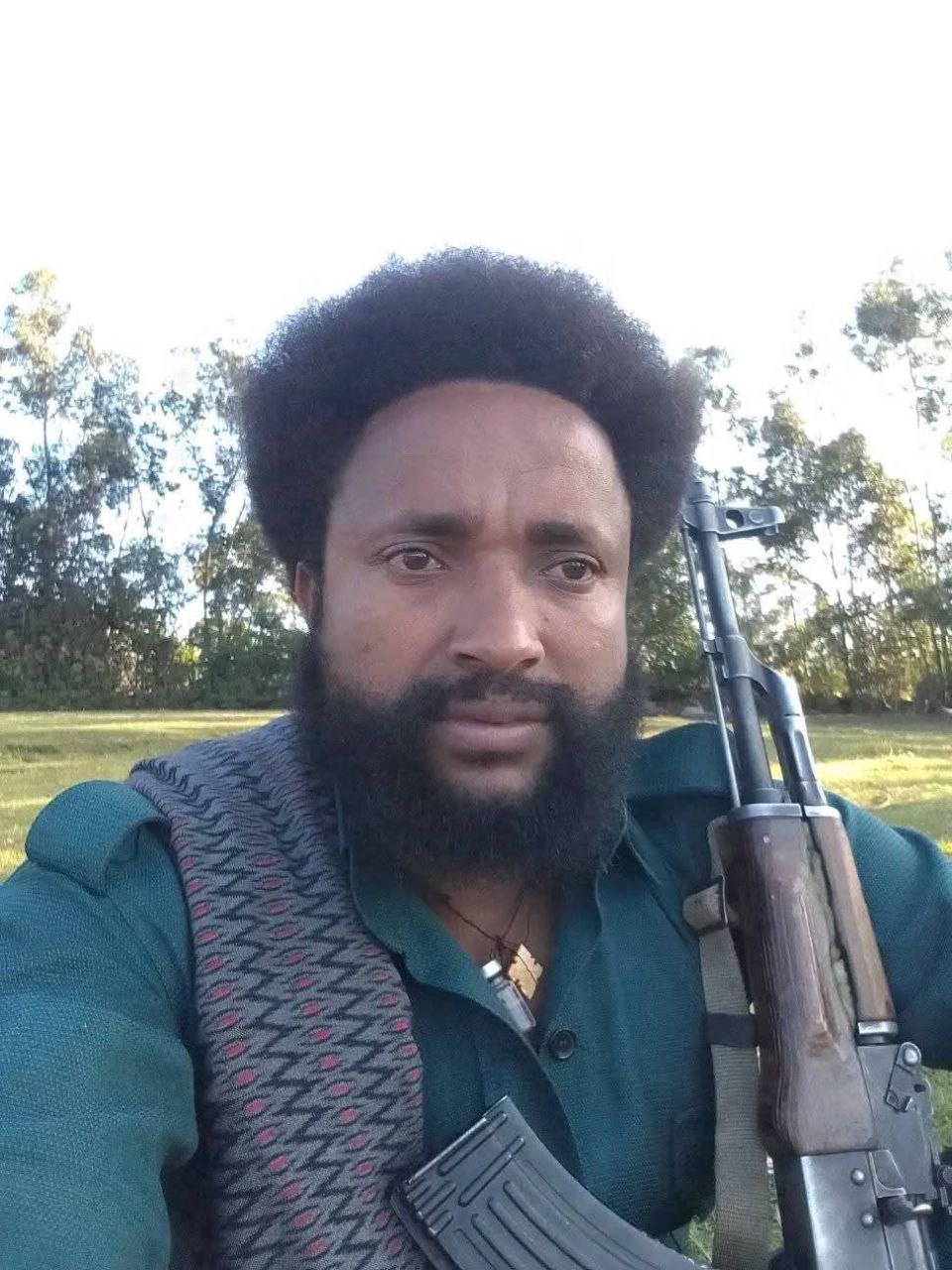As they ready for two days of wheeling and dealing with a high-ranking Ethiopian delegation at a local hotel, Houston business and elected leaders today need to look beyond a foreign market opportunity and first ask hard questions about Ethiopia’s recent crackdown on nine journalists, as well as the country’s unsuccessful move this spring to make homosexuality a “non-pardonable” crime.
Ethiopia is the second largest jailer of journalists in Africa, behind its neighbor on the Horn, Eritrea. This month it upped the tally by formally indicting nine editors, freelancers and bloggers with trumped up charges of inciting violence and terrorism. The world’s preeminent advocacy organization for journalists and press freedom, the Committee to Protect Journalists, called the government’s action a move to “suppress political dissent and intimidate journalists.” This group of nine and other award-winning writers in Ethiopian prisons are young professionals using social media to level basic criticism at the government, according to published reports.
CPJ is not alone in its outrage. Secretary of State John Kerry recently urged the Ethiopian government to quit using anti-terrorism laws as a way to “curb the free exchange of ideas.”
Ethiopia received $580 million in U.S. foreign aid in 2012. No matter what good it does with that money – and the government has improved many facets of the infrastructure – Ethiopia’s reputation is one that denies civil liberties to its people and is questionable at best in any ranking on human rights. This is a self-proclaimed democratic government and it should be held to a higher standard than places like China and Saudi Arabia.
We agree with CPJ’s admonishment of the government of second-year Ethiopian prime minister Hailemariam Desalegn and president Mulatu Teshome, who leads the trade mission here before traveling to Washington for high-level meetings. We also echo Kerry’s call for the Ethiopian government to give the journalists a fair and open trial “free of political influence.” The compassionate move, of course, would be to release the journalists until they have their day in court.
Capitalism is a force that should encourage our partners to be better than they are today. That has to be part of the message that Teshome hears from Mayor Annise Parker and Greater Houston Partnership business leaders like summit co-sponsors Chevron, Marathon and others.
The Zone 9 journalists, as they are called in Ethiopia, need our support more than we need the sales opportunity.


























